The agreement was approved at the general assembly and will bring benefits to riverside communities, the city and the environment
By Eduardo Muhlen e Nathália Messina
Translated by Bruna Favaro
This August the municipality of Itamarati (AM) celebrated a historic milestone for the territory: the formalization of its first Fisheries Agreement. After eight years of dialogue and coordination between communities and local organizations, the process was approved at a general assembly that brought together fishermen, community leaders and partner institutions. The agreement is the result of efforts that began in 2016, but gained strength in the last three years, after the resumption of Instituto Juruá’s activities in the territory, which were paralyzed due to the pandemic.
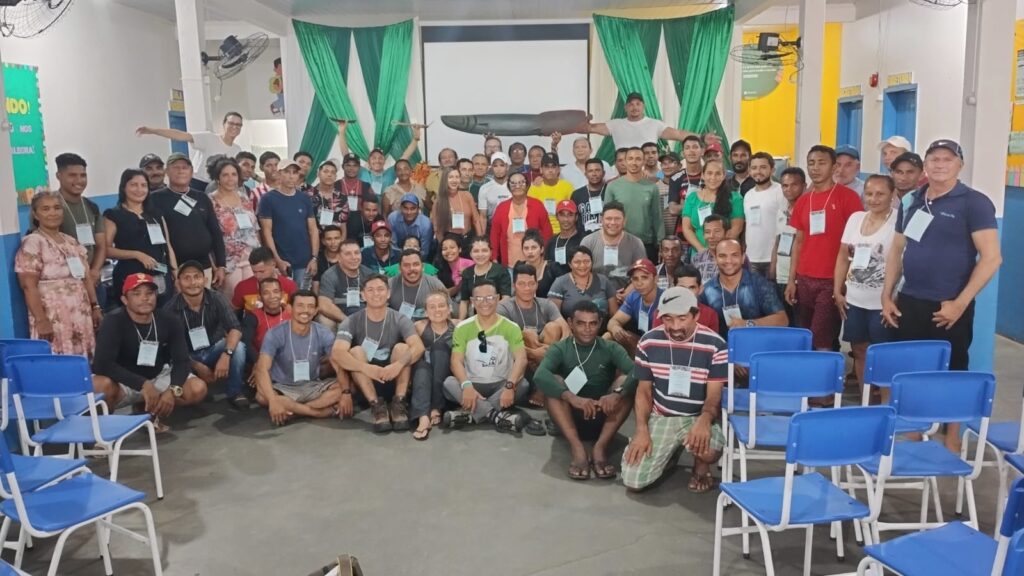
This progress is the result of a collaborative process, which involved several community and inter-community meets, exchanges, training, discussions on management rules, in addition to intense political articulation. The next steps include legalizing the agreement with the state regulatory body, implementing a monitoring system, training for the sustainable management of arapaima and carrying out periodic assessments.
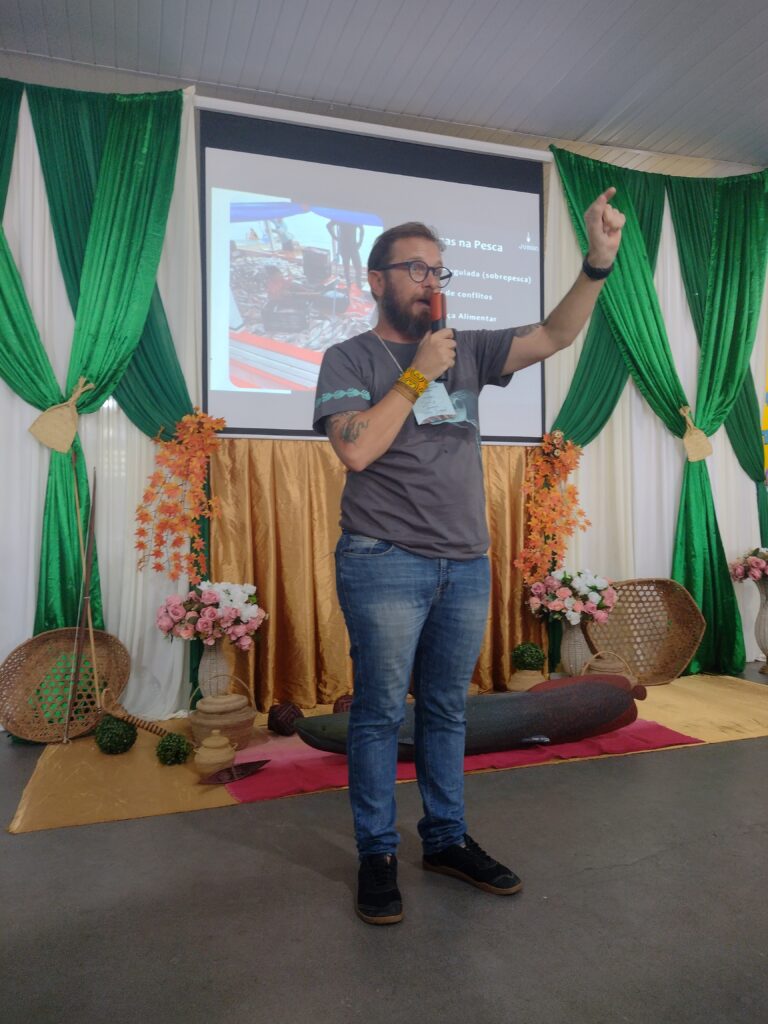

The initiative, led by the Environmental Association Extractivists Fishermen and Rural Producers of Itamarati (AAEPPRI), the Itamarati Fishing Colony (Z-59), the Itamarati Municipal Environment Secretariat and Instituto Juruá, will directly benefit 20 riverside communities and hundreds of fishing families. The agreement aims not only to preserve natural resources, but also to guarantee food security and improve the living conditions of residents of the countryside and the city.
Organization and Agreement Benefits
With the implementation of the agreement, almost 70 lakes will be divided into four categories of use: conservation sanctuaries, subsistence fishing, arapaima management and commercial fishing. This organization is essential to protect breeding areas of species, thus guaranteeing the livelihood of families and encouraging sustainable commercial activity. The agreement establishes clear rules on the use of lakes, fishing equipment and closed seasons, regulated by the communities themselves and current state and federal laws.
For João Bosco Ferreira, Fisheries Manager at the Amazonas Rural Production Secretariat (SEPROR), the Fisheries Agreement is a “win-win” process, as it promotes peace between fishermen, resolves conflicts and protects natural resources. “This regulation guarantees food security and the rights of all lake users, in addition to combating disorderly fishing that brings insecurity to families”, Bosco highlighted during the assembly.
Mr. Gentil, president of the Z-59 Fishing Colony, celebrated the moment as an opportunity to live with dignity, peace among fishing families and harmony with nature. “Until today, every fishing trip was surrounded by uncertainty, as the expenses had already been incurred — ice, boxes, supplies etc. — but there was no certainty of returning with guaranteed catch”, stated Gentil at the general assembly, with confidence that the agreement will change this scenario.
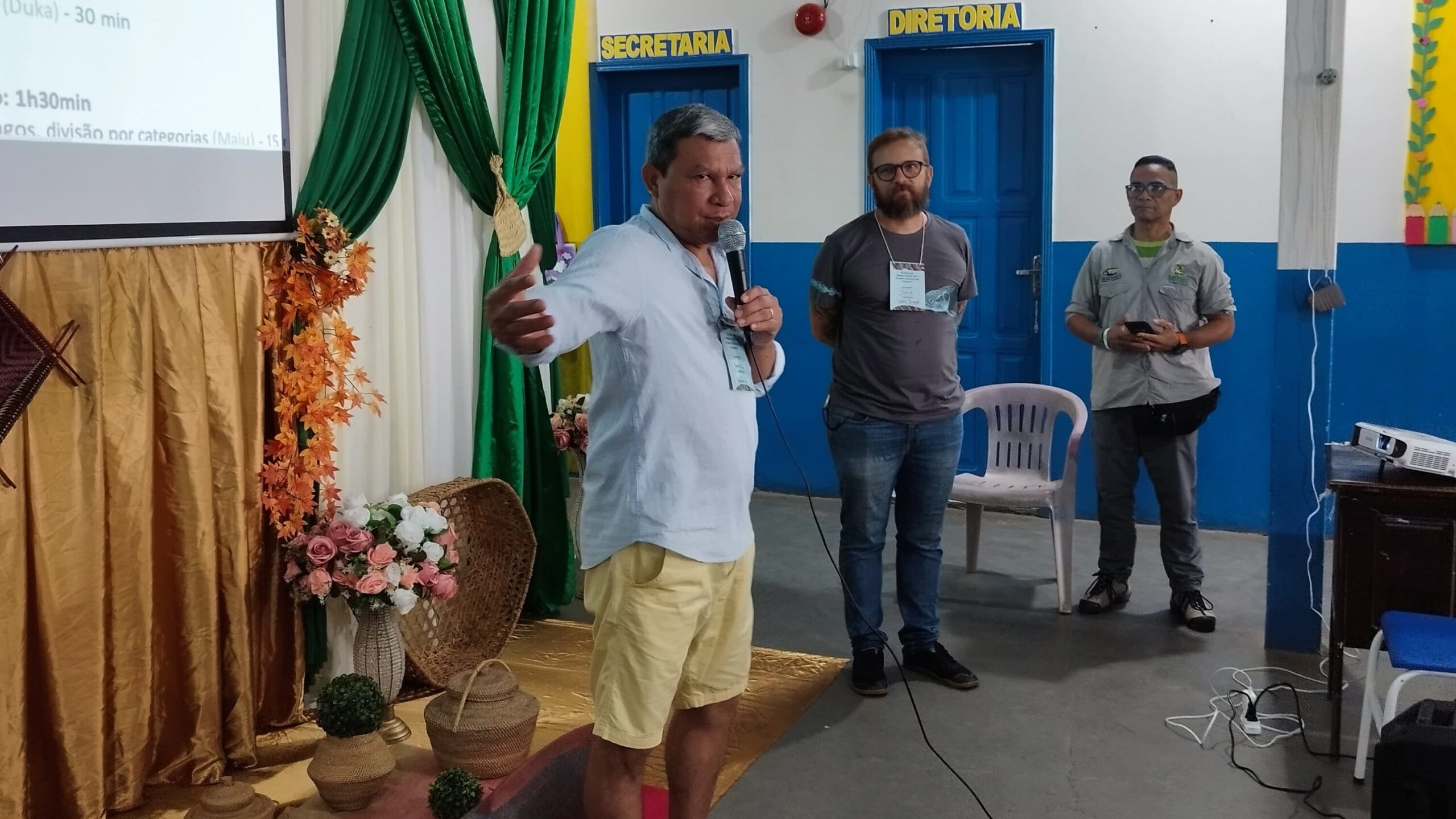
Perspectives for the Future
Monitoring and surveillance of management areas — facilitated by surveillance bases supported by Instituto Juruá — have already demonstrated positive results, such as an increase in arapaima stocks and other important species. In 2020, when counting began, the total number of arapaima, including young individuals (also known as bodecos), which are fish under 1.5m, was estimated at 1,773 units. In 2023, with the bases installed and the monitoring work implemented by fishing families, this number jumped to 4,112 young and adult arapaimas, according to data presented by Edimar Costa, specialist in community management at Instituto Juruá.
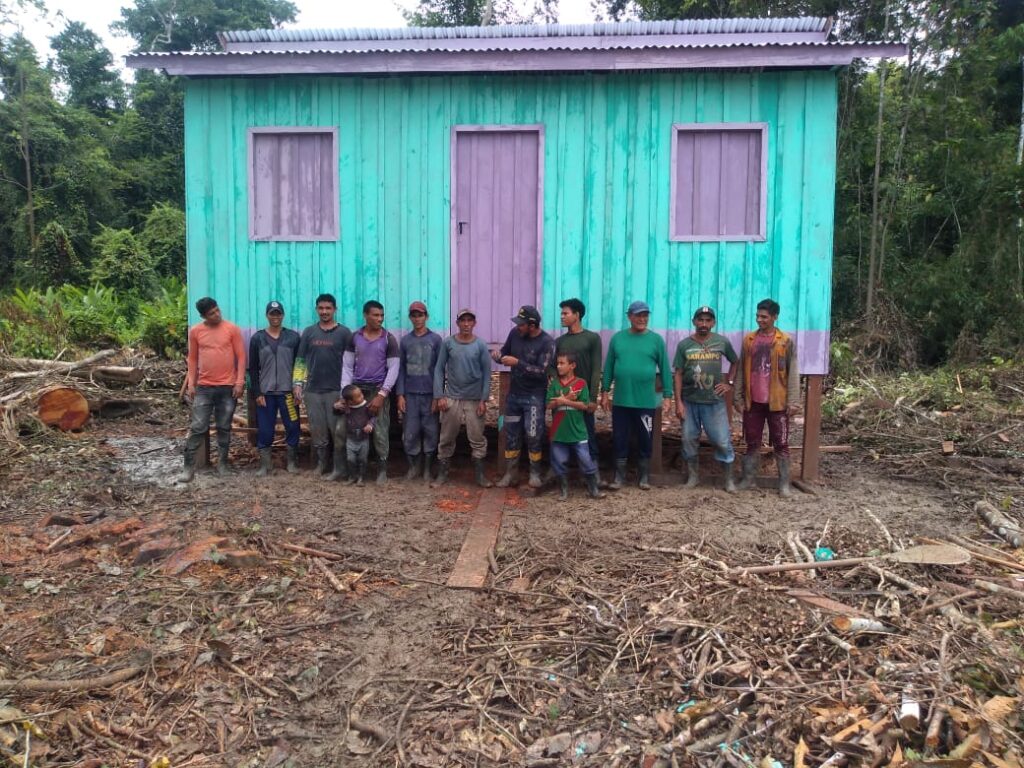
For 2027, the objective is to evaluate and review the agreement, and until then, the expectation is that it will continue to generate environmental and social benefits for Itamarati. Arapaima counting courses, technical training for monitors and fishermen and new forms of participatory management are planned for upcoming actions, in partnership with local organizations and Instituto Juruá.
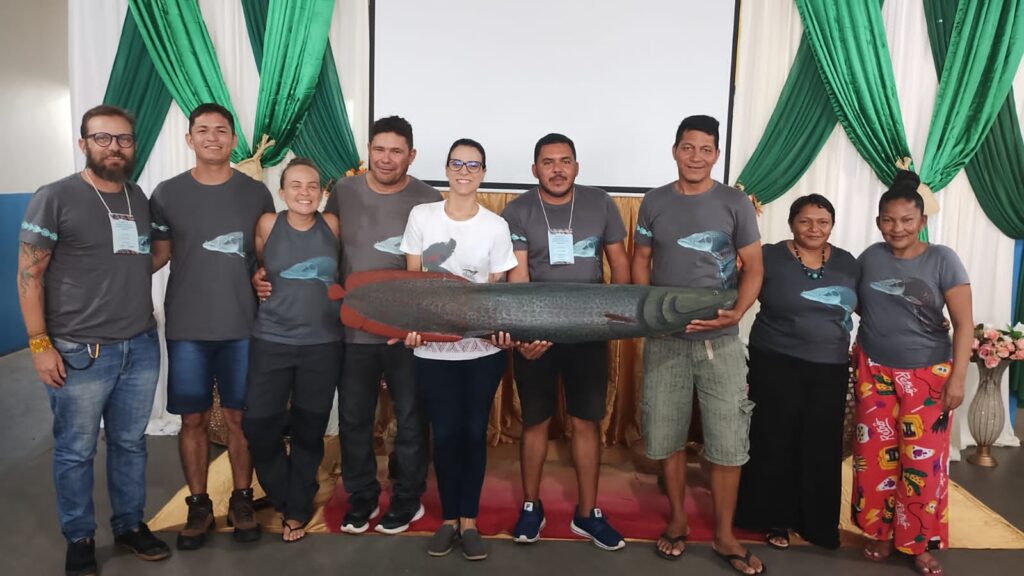
The formalization of this agreement is a decisive step towards a more sustainable and fair future for the region, consolidating Itamarati as a reference in conservation and demonstrating tangible paths, participation and protagonism of local communities for the responsible use of natural resources in the Amazon.